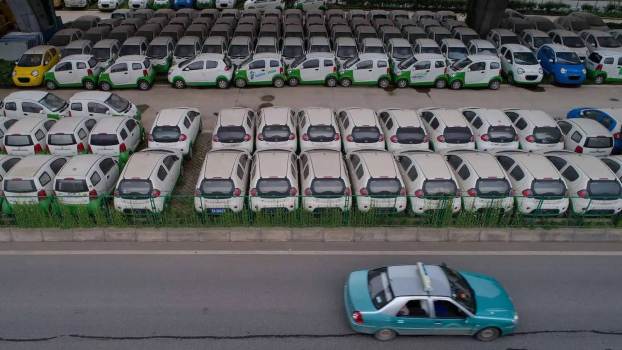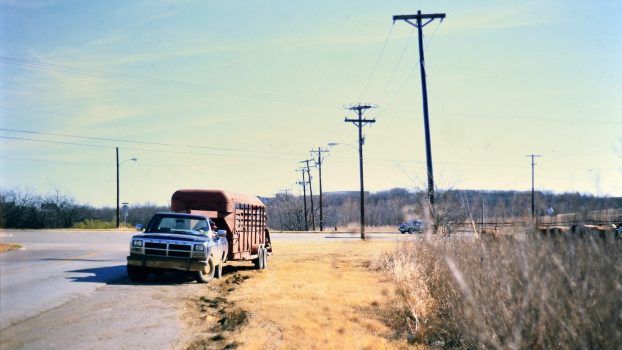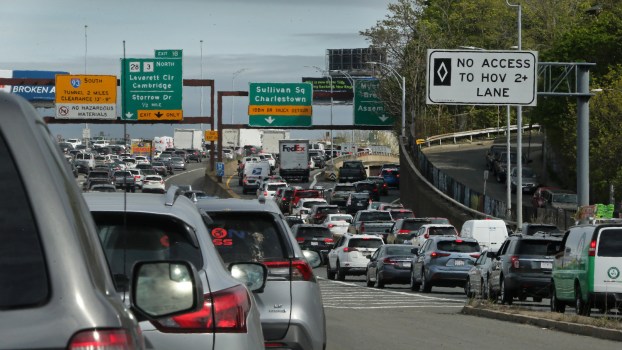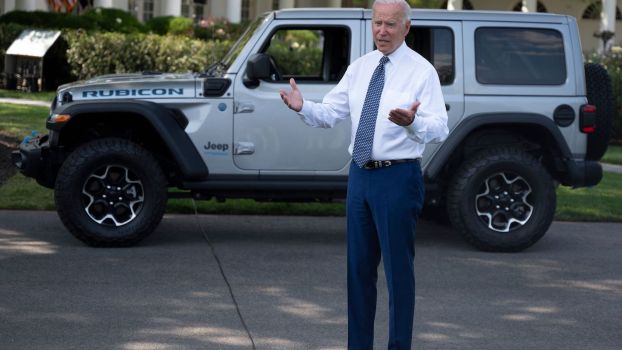
Would You Give Up Your Right to Drive Your Car for $1,000?
As cities search for ways to reduce pollution and traffic, their solutions are dividing car and truck owners worldwide. The city of Brussels in Belgium has an interesting solution: instead of a combustion ban, it offers citizens up to 900 Euros ($988 USD) to deregister their personal cars. Would that be enough cash to get you to park your car or truck? Some folks applaud new pedestrian-friendly city plans, and even regional combustion bans. Others fear ending the automobile will kill personal mobility and freedom. Read on to find out the laws some U.S. cities have passed.
Brussels is paying residents to not drive
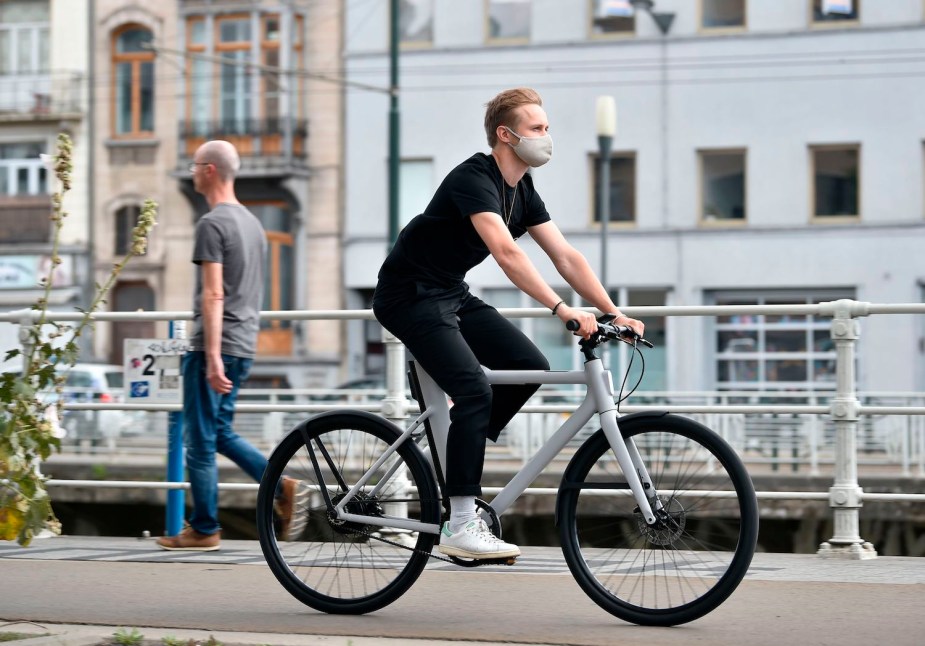
Belgium is an 11-million-person European country that’s just a touch bigger than Vermont. Brussels is its capital city, and the larger metropolitan territory is home to 2.5 million. And no, it is not the inventor of the Brussel Sprout. While this mighty little vegetable may have been a favorite food in Belgium in the 1600s, it was initially bred by the Romans. But I digress.
US autosports enthusiasts may know Brussels as the home of the shortest-ever Grand Prix race (4.27 miles before being canceled for rain in 2021). But fewer may know just how bad the smog and traffic in this small city is. Apparently, waiting at a standstill for rush hour to clear out is not uncommon. The problem got bad enough that Belgium decided to take drastic measures.
Brussels has long had a series of incentives for people to stop driving called Bruzell’Air. But recently, it ramped things up. You can now get a cash payment for unregistering a car you own. If you have a disability or make less than 37,600 Euros annually ($41,301), the incentive is an even 900 Euros ($988). That’ll put a dent in bus fare.
I imagine most anyone who decides to stop driving isn’t going to deregister their car but keep it in the garage. So this chunk of change would be in addition to whatever you get for selling your old wheels when you go carless.
As various US Cities struggle with gridlock and smog, some are even considering bans on all combustion cars. Could paying people to give up their cars voluntarily work instead?
Would US drivers give up their cars for $1,000?
I decided to ask US drivers if $1,000 would be enough to give up their car, so I put the question to my Twitter followers. The responses were all illuminating.
Donna Rae Lands said, “Absolutely not. My freedom is worth more than a lousy thousand dollars.”
Jess just replied, “nuh uh.”
Aprilia Andy only said, “no” but punctuated his answer with a series of “laugh until you cry” emojiis.
Some users would consider it, but insisted on a better deal. Ethan N said, “Maybe add a couple zeroes and get back to me.” User @TDotMason countered, “5000 but I would probably buy a truck with that money…”
User @lamejediron9 made an interesting point, “That would never work in the states. I wouldn’t even be able to make it to work without a car.”
The World Economic Forum found that 76% of Americans use their cars to commute. Another 11% use public transportation, and 10% ride bicycles. But changing these numbers might not be as simple as offering a cash incentive. According to the American Public Transportation Association, 45% of Americans have no access to public transportation.
There are many US cities with reliable public transportation. Folks in those places could conceivably commute without cars, and we may see bans on combustion engines there long before they are banned in other places.
Are U.S. Cities banning combustion cars?
Los Angeles and Seattle plan to ban gasoline and diesel vehicles by 2030. But their first step will be converting their city-owned bus fleets to EVs by 2025. New York City is swapping all city-owned vehicles for EVs by 2040, but has not passed a bill to ban private ICEs.
Next, see why it’s a false rumor that 14 US Cities are banning personal cars, or see how the city of Ghent, also in Belgium, removed cars in the video below:
